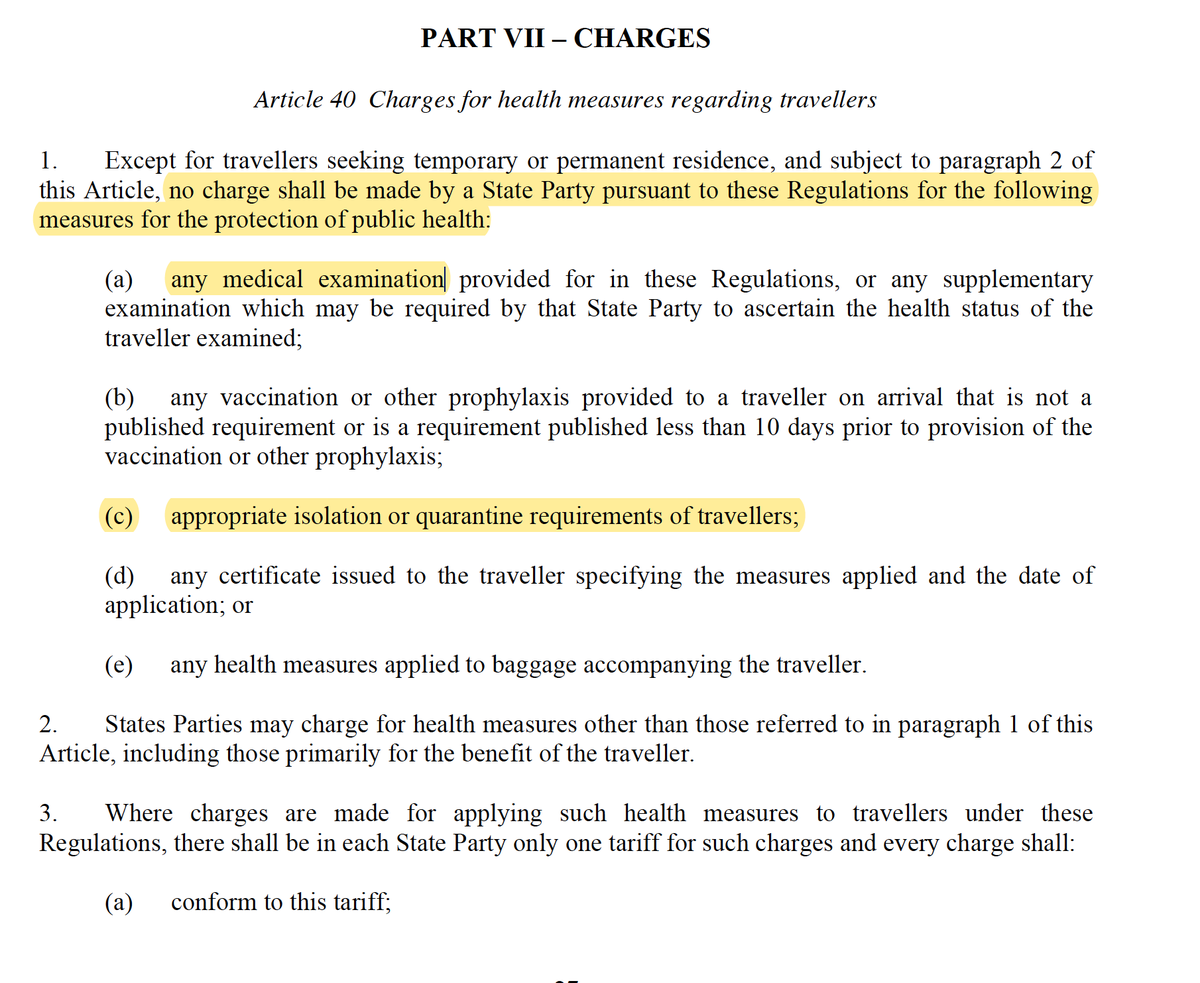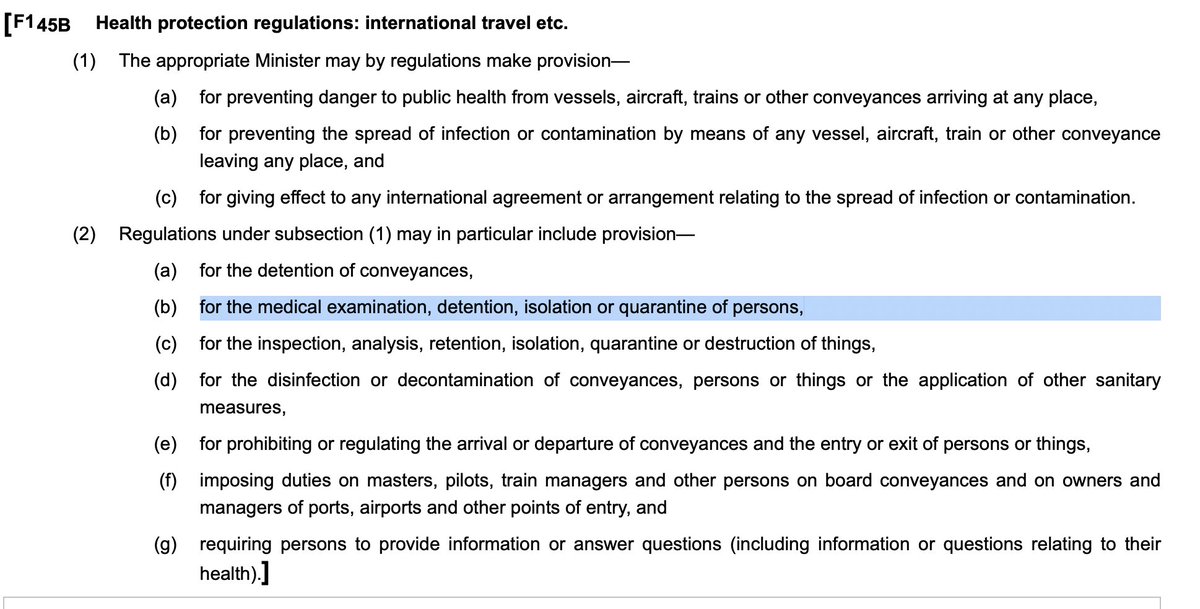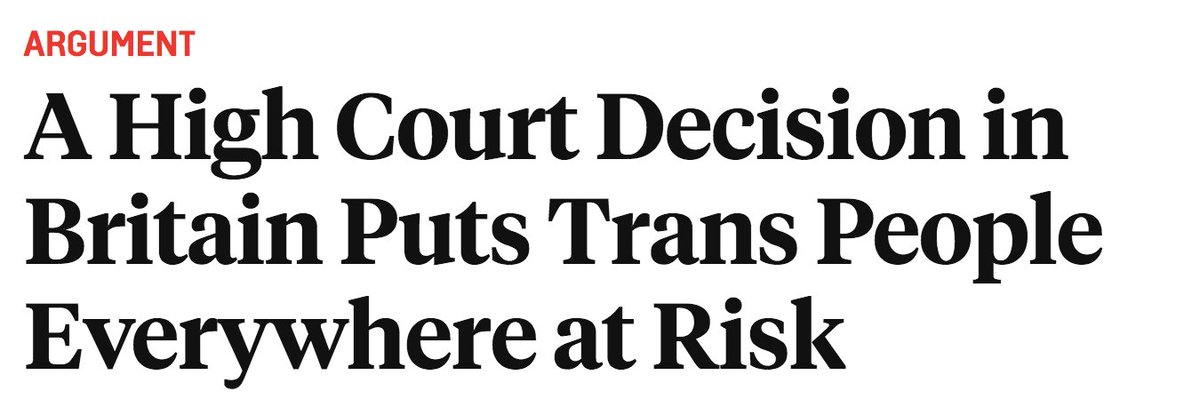1/8 Britain is in almost complete lockdown. Nine months since the first. Europe is closing its borders to the British. Across Europe the pandemic is worsening. The US has over 300,000 dead. Far from getting better, the situation in the West is getting worse. The West has failed.
More from Uk
Iain is able to correctly identify that the submission that @SNP_SITW group made to the UK #IntegratedReview - and therefore wasn’t policy about an independent Scotland - but that’s where his grip on reality ends.
We called for unilateral disarmament, as I pointed out on Monday: https://t.co/DwHt9knqHh
Firstly, the easy part: our submission states @theSNP position clearly and unequivocally. It looks pretty unilateral to me \U0001f9d0 https://t.co/03btr7UBVh
— Martin Docherty-Hughes \U0001f3f4\U000e0067\U000e0062\U000e0073\U000e0063\U000e0074\U000e007f\U0001f3f3\ufe0f\u200d\U0001f308 (@MartinJDocherty) November 23, 2020
Iain chooses to elide the fact that our submission was clearly not about policy in an independent Scotland, and therefore seeks to portray our request to the UK Government to be serious about its own commitments to multilateral arms control treaties — like the NPT — as SNP policy
Despite revealing that he knows a thing or two about internal SNP procedures, he then goes on to conflate two unconnected things — our submission, and a putative conference motion that the democratically-elected conferences committee (not the Leadership) decided not to accept
1/
The UK has signed up to the International Health Regulations (IHA) 2005. These therefore create binding international legal obligations on the UK.
The IHA explicitly prevent charging for travellers' quarantine or medical examinations.
https://t.co/n4oWE8x5Vg /2

International law is not actionable in a UK court unless it has been implemented in law.
But it can be used as an aide to interpretation where a statute isn't clear as to what powers it grants.
See e.g. Lord Bingham in A v SSHD https://t.co/RXmib1qGYD
/3

The Quarantine regulations will, I assume, be made under section 45B of the Public Health (Control of Disease) Act 1984
https://t.co/54L4lHGMEr
/4

That gives pretty broad powers but I can't see any power to charge for quarantine. Perhaps it will be inferred from somewhere else in Part 2A?
But...
You May Also Like
Like company moats, your personal moat should be a competitive advantage that is not only durable—it should also compound over time.
Characteristics of a personal moat below:
I'm increasingly interested in the idea of "personal moats" in the context of careers.
— Erik Torenberg (@eriktorenberg) November 22, 2018
Moats should be:
- Hard to learn and hard to do (but perhaps easier for you)
- Skills that are rare and valuable
- Legible
- Compounding over time
- Unique to your own talents & interests https://t.co/bB3k1YcH5b
2/ Like a company moat, you want to build career capital while you sleep.
As Andrew Chen noted:
People talk about \u201cpassive income\u201d a lot but not about \u201cpassive social capital\u201d or \u201cpassive networking\u201d or \u201cpassive knowledge gaining\u201d but that\u2019s what you can architect if you have a thing and it grows over time without intensive constant effort to sustain it
— Andrew Chen (@andrewchen) November 22, 2018
3/ You don’t want to build a competitive advantage that is fleeting or that will get commoditized
Things that might get commoditized over time (some longer than
Things that look like moats but likely aren\u2019t or may fade:
— Erik Torenberg (@eriktorenberg) November 22, 2018
- Proprietary networks
- Being something other than one of the best at any tournament style-game
- Many "awards"
- Twitter followers or general reach without "respect"
- Anything that depends on information asymmetry https://t.co/abjxesVIh9
4/ Before the arrival of recorded music, what used to be scarce was the actual music itself — required an in-person artist.
After recorded music, the music itself became abundant and what became scarce was curation, distribution, and self space.
5/ Similarly, in careers, what used to be (more) scarce were things like ideas, money, and exclusive relationships.
In the internet economy, what has become scarce are things like specific knowledge, rare & valuable skills, and great reputations.

















